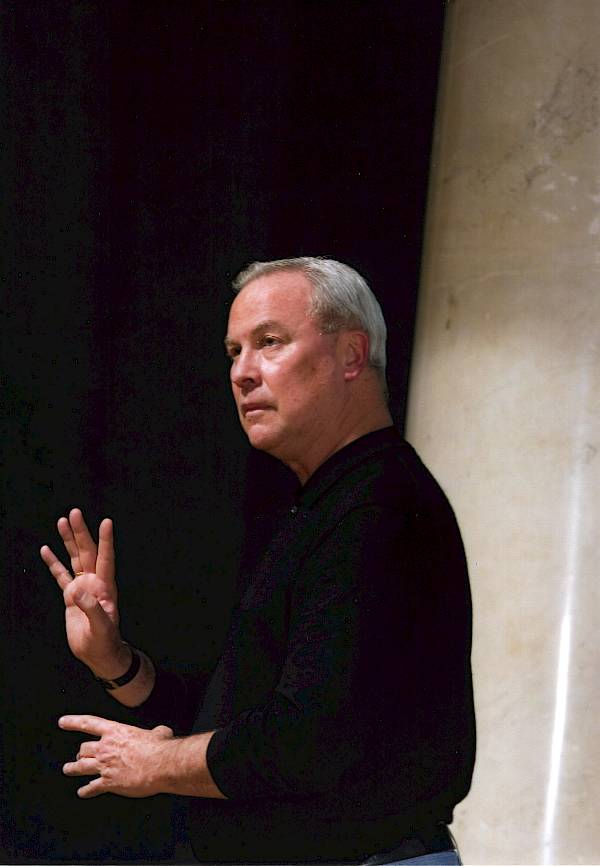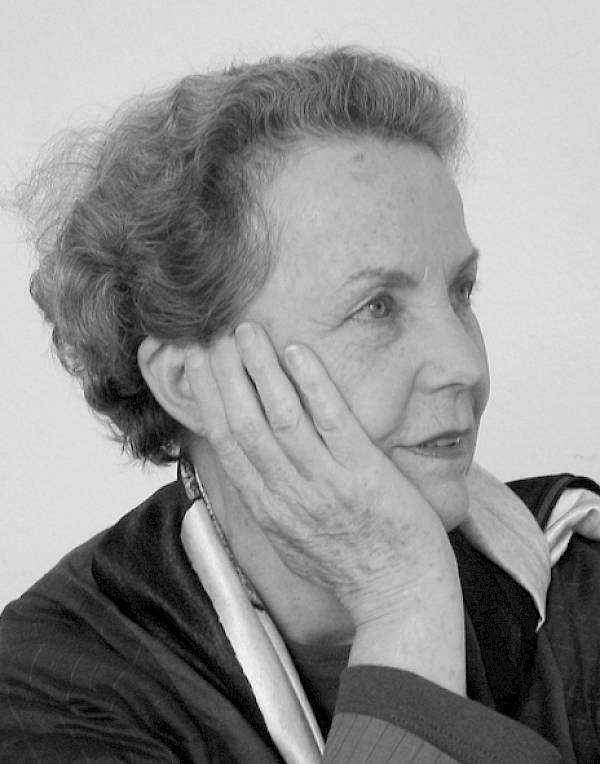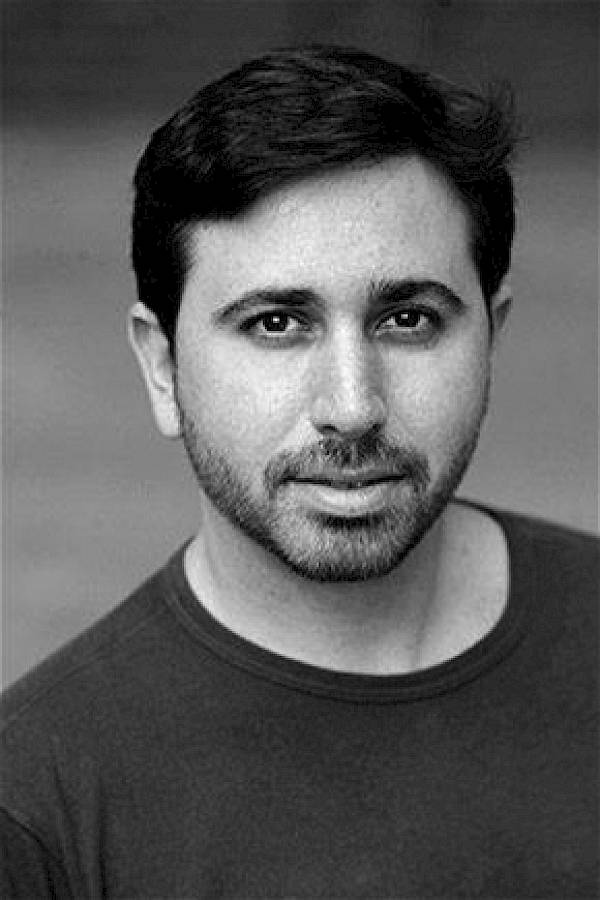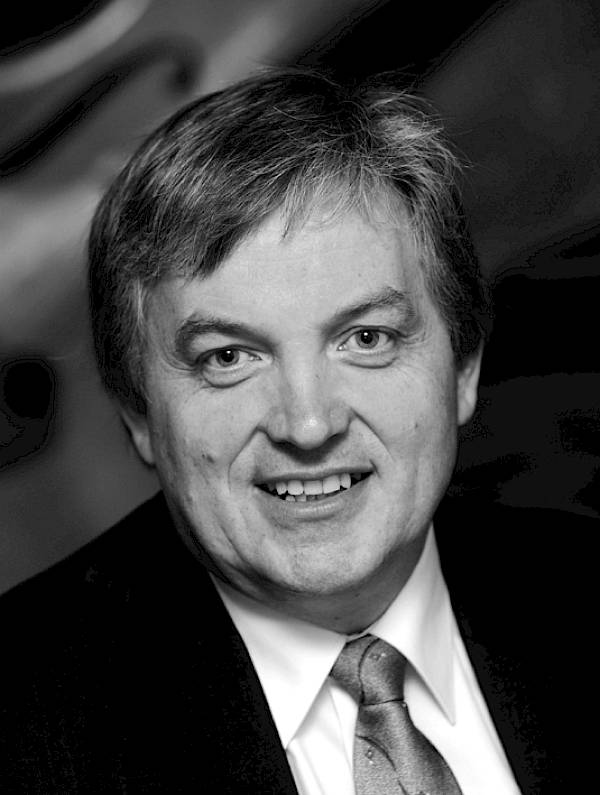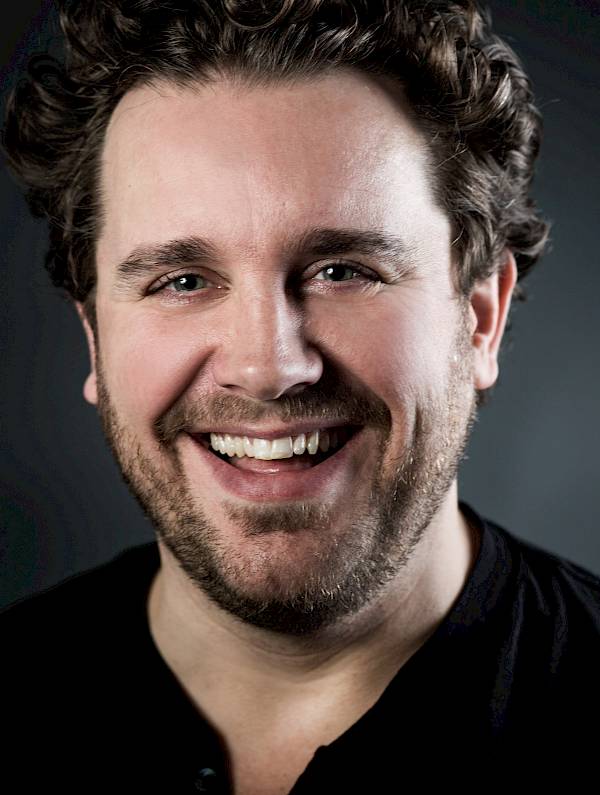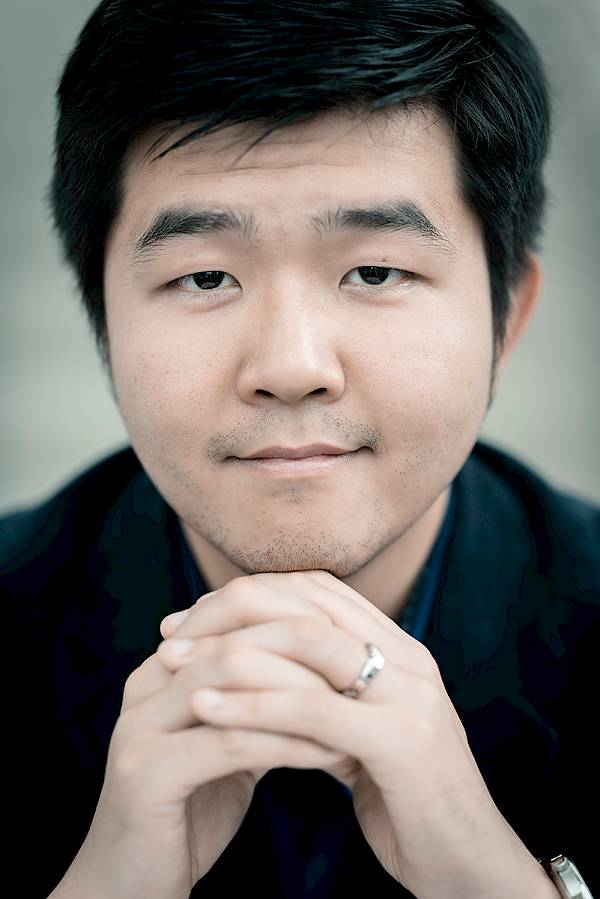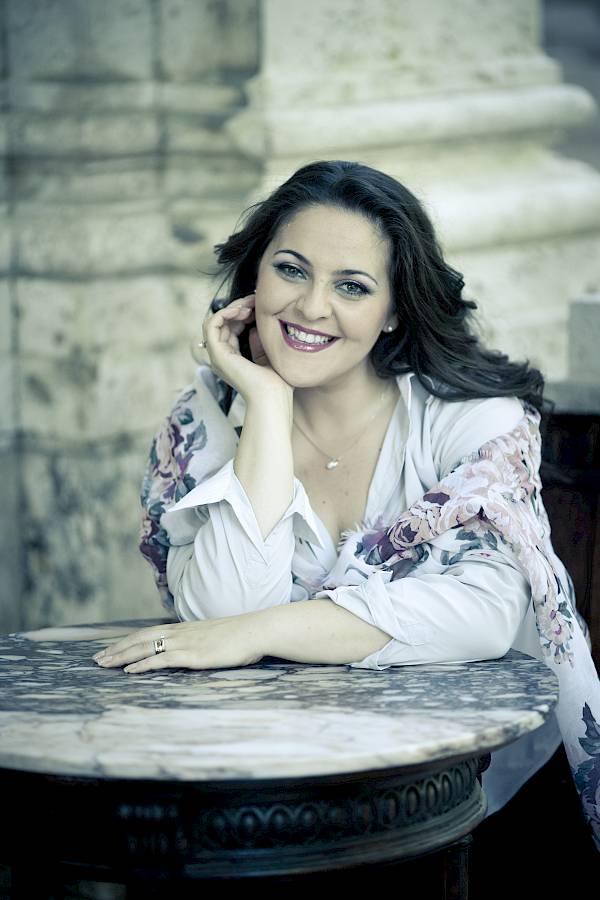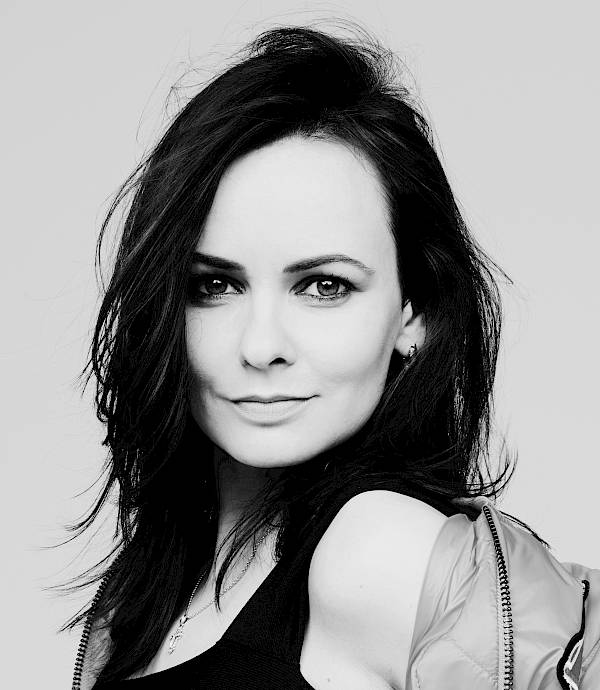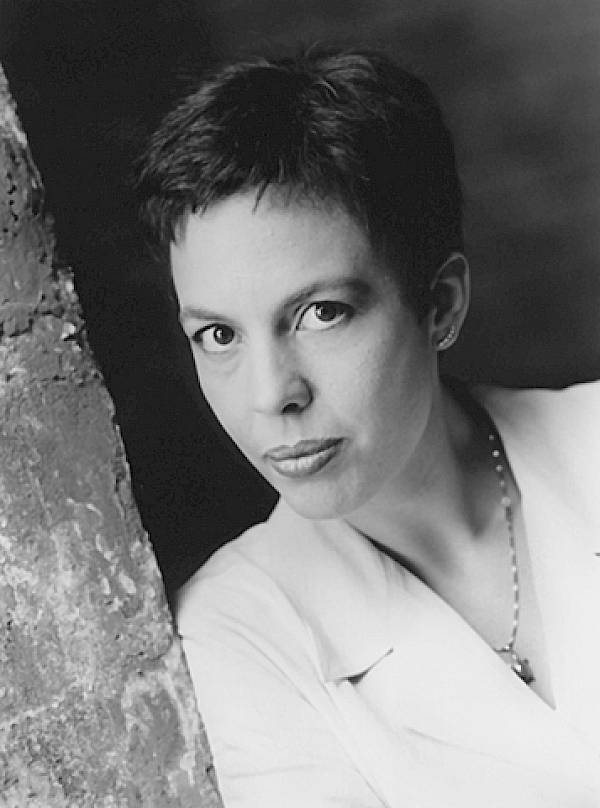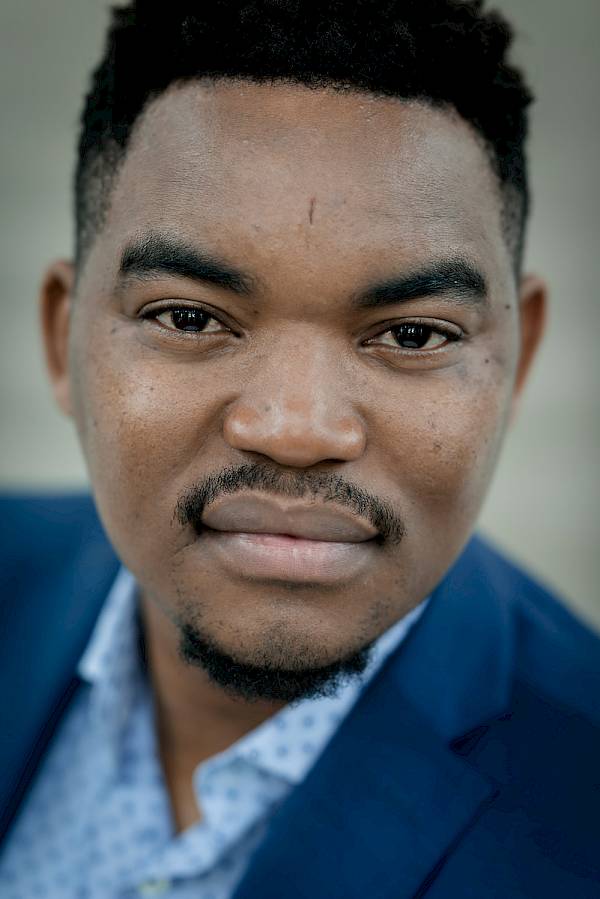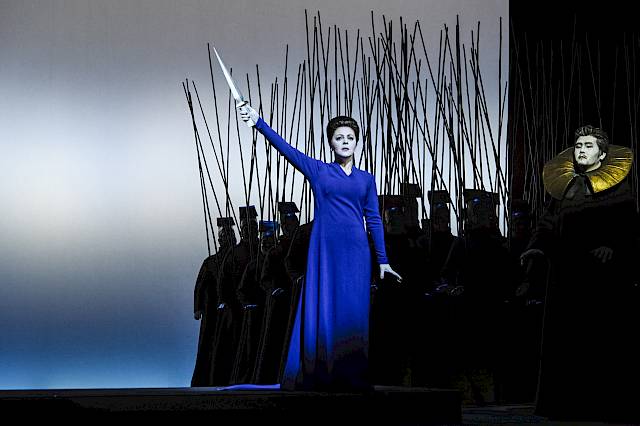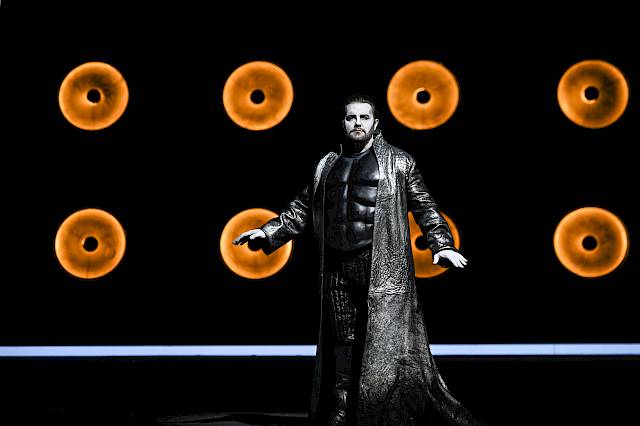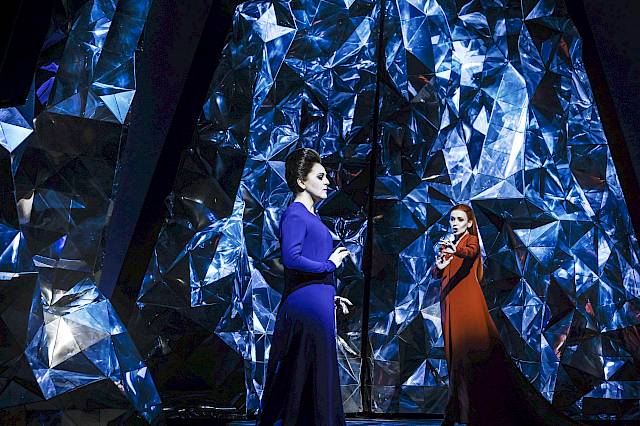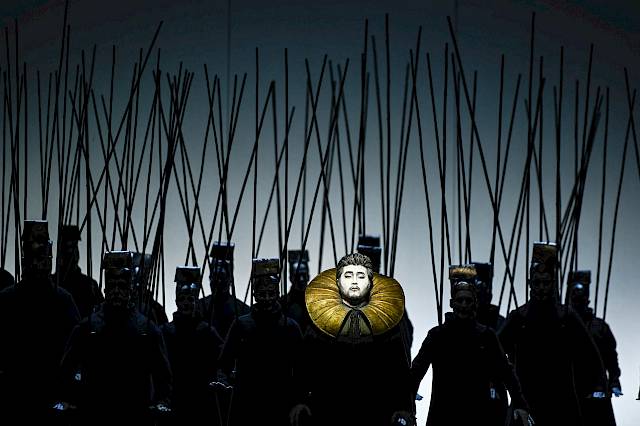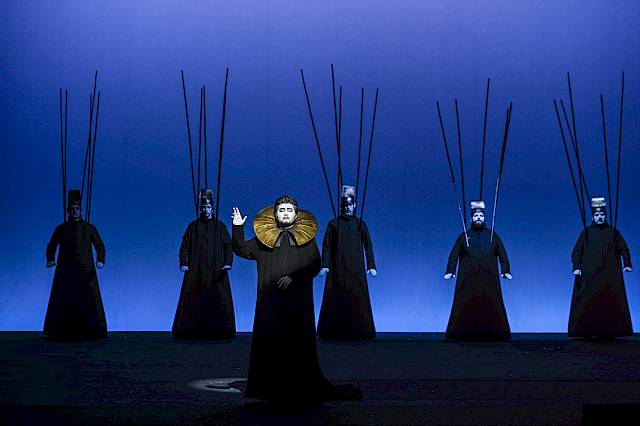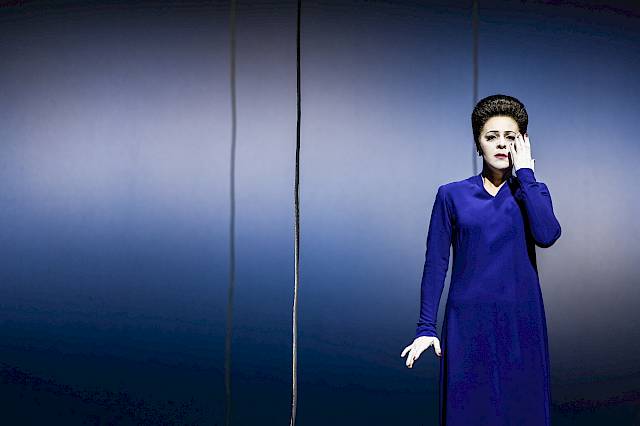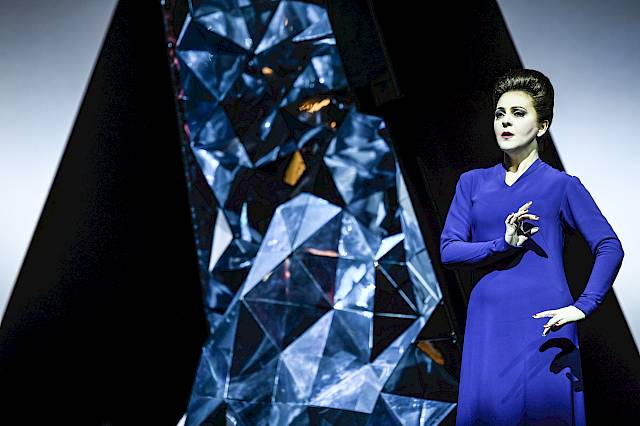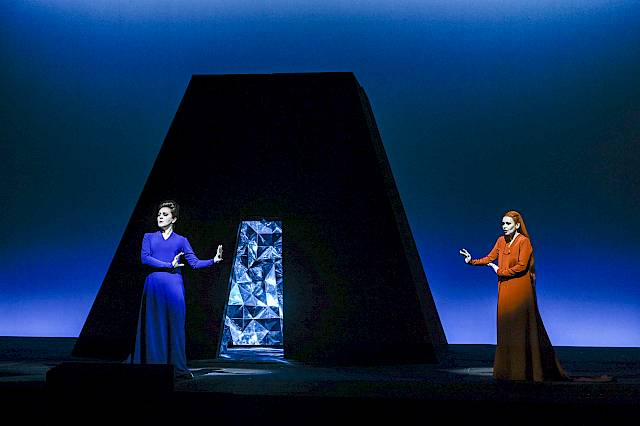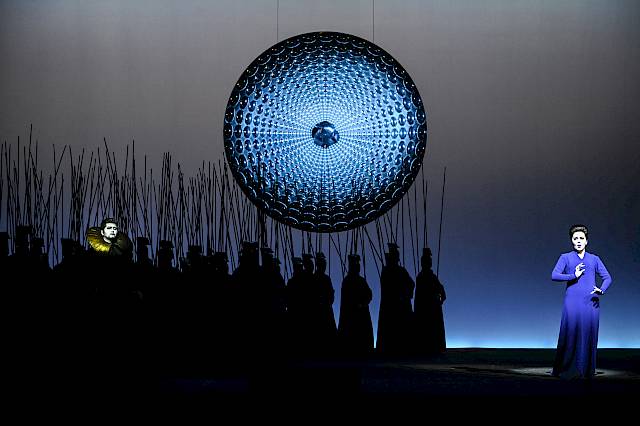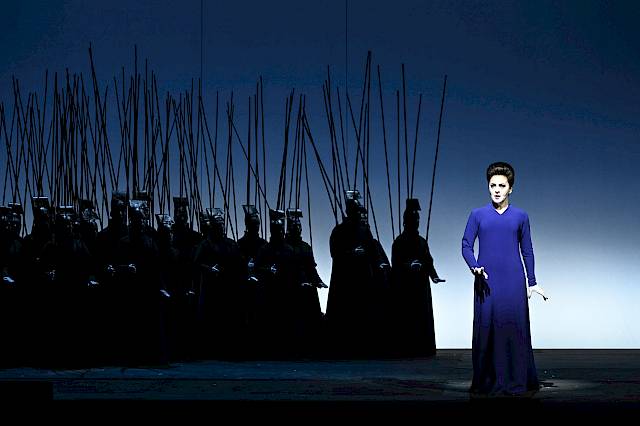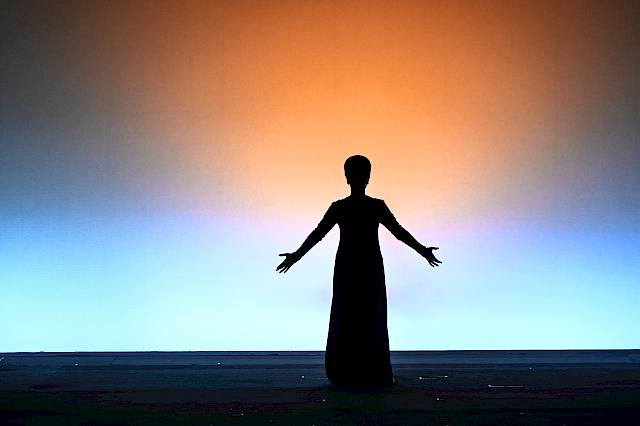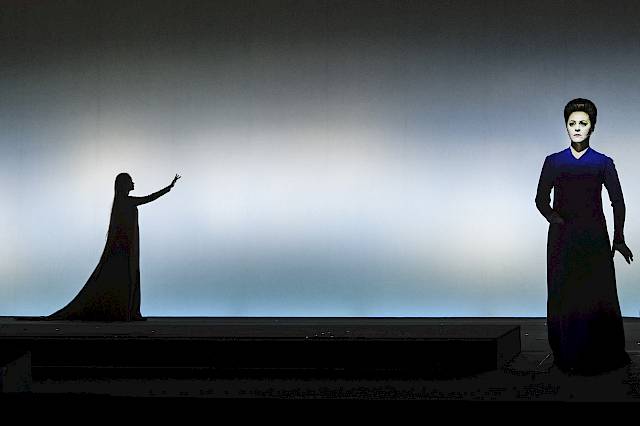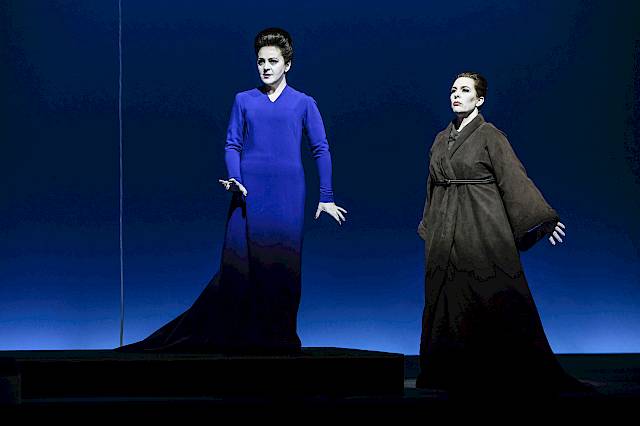Fabio Luisi hails from Genoa. He is the general music director of the Opernhaus Zürich, the principal conductor of the Danish National Symphony Orchestra, music director of the Maggio Musicale Fiorentino, and music director designate of the Dallas Symphony Orchestra, a post he will take up in 2020. From 2011-2017, Fabio Luisi was principal conductor of the Metropolitan Opera in New York, and from 2005-2013 principal conductor of the Wiener Symphoniker, as well as general music director of the Staatskapelle Dresden and the Sächsische Staatsoper (2007-2010), artistic director and principal conductor of the MDR Sinfonieorchester Leipzig (1999-2007), and music director of the Orchestre de la Suisse Romande (1997-2002). With the latter, he made numerous CD recordings (Poulenc, Respighi, Mahler, Liszt, a recording of the complete symphonic works of Arthur Honegger, and Verdi’s Jérusalem und Alzira). He is music director of the Festival della Valle d’Itria in Martina Franca (Apulia) and has appeared as guest conductor with numerous renowned ensembles, including the Philadelphia Orchestra, The Cleveland Orchestra, the NHK Tokio, the Münchener Philharmoniker, the Filarmonica della Scala, the London Symphony Orchestra, the Concertgebouw Orkest Amsterdam, and the Saito Kinen Orchestra, as well as with various prominent opera orchestras. He appeared at the Salzburg Festival with performances of Richard Strauss’ Die Liebe der Danae und Die Ägyptische Helena. His most important appearances at the Opernhaus Zürich include, among others, the new productions of three Bellini operas, as well as Rigoletto, Fidelio, Wozzeck and Verdi’s Messa da Requiem. Important CD recordings include Verdi’s Aroldo, Bellini’s I puritani and I Capuleti e i Montecchi, and the complete symphonies of Robert Schumann, as well as the symphonies and the oratorio Das Buch mit sieben Siegeln by Franz Schmidt, the largely forgotten Austrian composer. In addition, he has recorded various symphonic poems by Richard Strauss, and a lauded reading of Bruckner’s Symphony No. 3 with the Staatskapelle Dresden. His recordings of Siegfried and Götterdämmerung with the Metropolitan Opera Orchestra won Grammy awards. He received the Premio Franco Abbiati, the coveted Italian critics’ prize, in 2013, and in 2014 won the Grifo d’Oro from the city of Genoa. He was awarded the Anton Bruckner Ring by the Wiener Symphoniker, and is a Cavalier of the Italian Republic. The «Philharmonia Records» recording label, founded by the Philharmonia Zürich in 2015, has issued CD recordings of works by Berlioz, Wagner, Verdi, Rachmaninoff, Bruckner, Rimsky-Korsakov, and Frank Martin under Fabio Luisi’s musical director, as well as DVD records of Rigoletto (stage direction: Tatjana Gürbaca), Wozzeck (stage direction: Andreas Homoki), I Capuleti e i Montecchi (stage direction: Christof Loy), the Messa da Requiem (stage direction /choreography: Christian Spuck), and Das Land des Lächelns (stage direction: Andreas Homoki).



